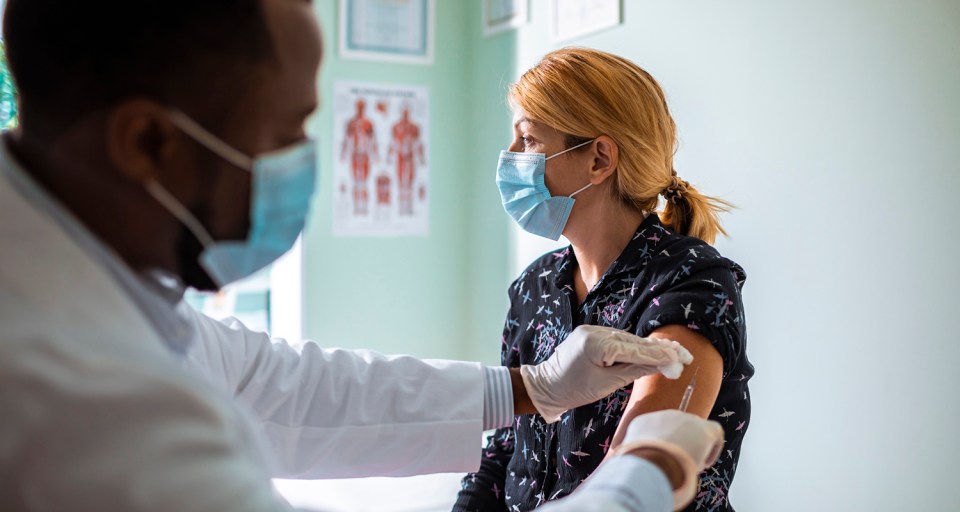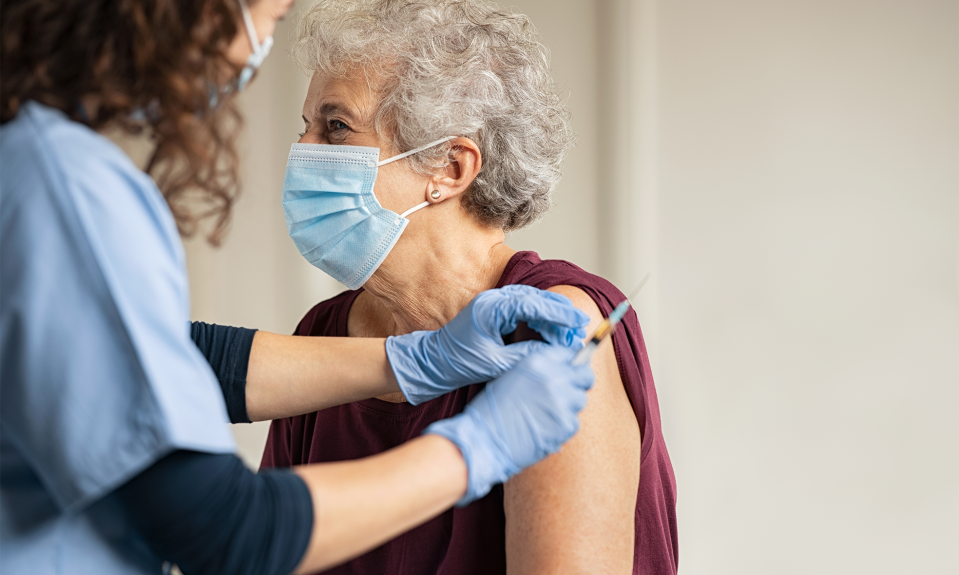Every year, the flu is estimated to cause between 9.3 million and 45 million illnesses, leading to 12,000 to 61,000 deaths in the United States. Combining influenza with the COVID-19 pandemic makes the influenza vaccination even more of a heightened importance in 2020.
The influenza vaccine is the single most powerful tool to protect individuals from influenza and decrease the overall effect of the virus on the public health. Two factors that contribute to the overall effect of the vaccine are its effectiveness and how many people choose to be vaccinated.
According to a recent JAMA article, even when both the vaccine effectiveness and the number of people vaccinated are low, the vaccine still has major public health benefits.
For example, in the 2018-2019 flu season, the effectiveness of the vaccine was 29% and only 49% of people in the U.S. opted to receive the vaccine. But the Centers for Disease Control and Prevention (CDC), estimates that it still prevented 4.4 million flu illnesses, 58,000 hospitalizations and 3,500 deaths.
The more people get vaccinated, the greater effect the vaccine has – even when effectiveness is low.
What type of flu vaccination is right for me?
Influenza vaccines work by causing antibodies to develop in the body about two weeks after vaccination. The antibodies provide protection against infection with the viruses that are used to make the vaccine.
There are many different vaccines to choose from based on age, local availability and personal preference, as shown below.
Standard-dose inactivated vaccine (flu shot)
- Most widely used vaccine
- Approved for anyone over the age of 6 months
Nasal spray vaccine
- Approved for people age 2 to 49 years old
- Good choice for people who prefer to avoid needles
- Not suitable for people with suppressed immune systems
High-dose and adjuvanted vaccines
- Specifically for people 65 years and older
- Slightly increased side effects such as pain at the injection site and muscle aches
Cell-based and recombinant vaccines
- Created without egg products
- Safe for anyone with an egg allergy
Should I get the flu vaccine earlier this year?
While the Advisory Committee on Immunization Practices has not yet voted on the flu vaccine recommendations for 2020-2021, the CDC does not anticipate a major change in the recommendation on timing of vaccination. Getting vaccinated in July or August is too early, especially for older people because of the likelihood of reduced protection against flu infection later in the flu season.
September and October are good times to get vaccinated. However, as long as flu viruses are circulating, vaccination should continue, even in January or later.
What other precautions can I take?
Personal non-pharmaceutical interventions are preventive actions you can take every day, apart from pharmaceutical interventions like getting vaccine or taking medicine.
Non-pharmaceutical interventions include:
- Staying home when you are sick.
- Covering coughs and sneezes with a tissue.
- Washing hands with soap and water or using hand sanitizer when soap and water is not available.
These actions can help keep yourself and others from getting and spreading respiratory illness like the flu and the coronavirus. By practicing these actions at home, school, work and large gatherings, you can play an important part in minimizing the risk caused by flu and other respiratory illnesses.
The content of this site is for informational purposes only and should not be taken as professional medical advice. Always seek the advice of your physician or other qualified healthcare provider with any questions you may have regarding any medical conditions or treatments.


